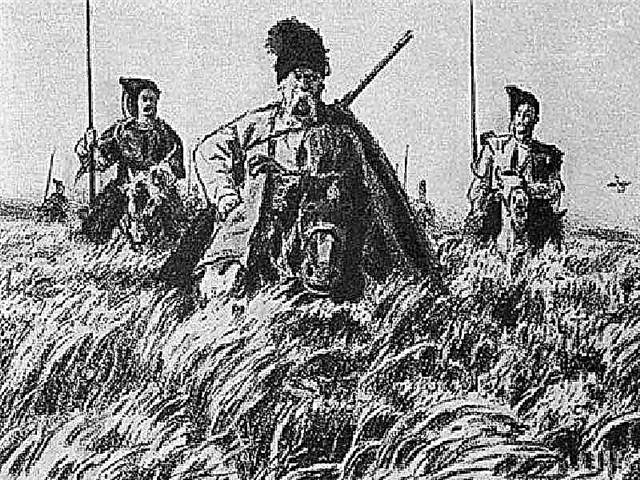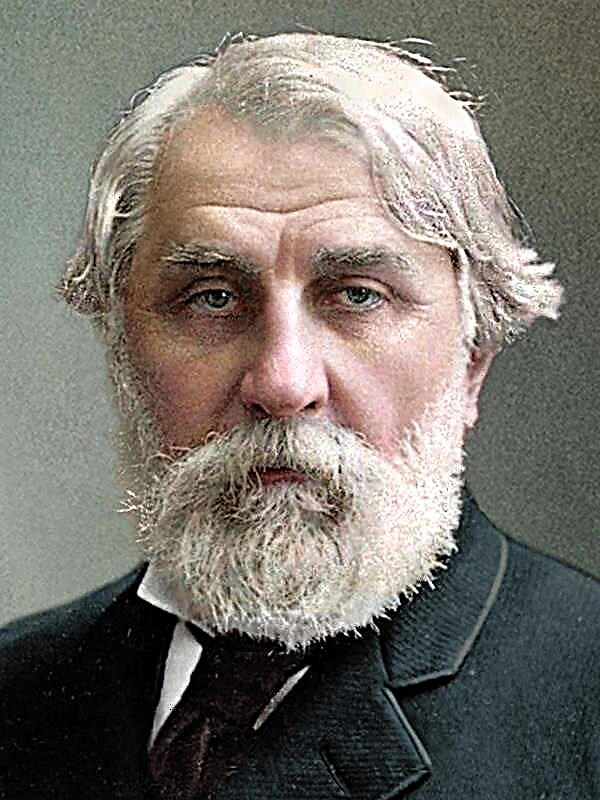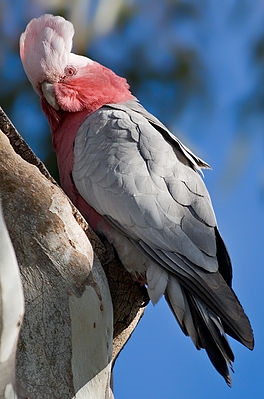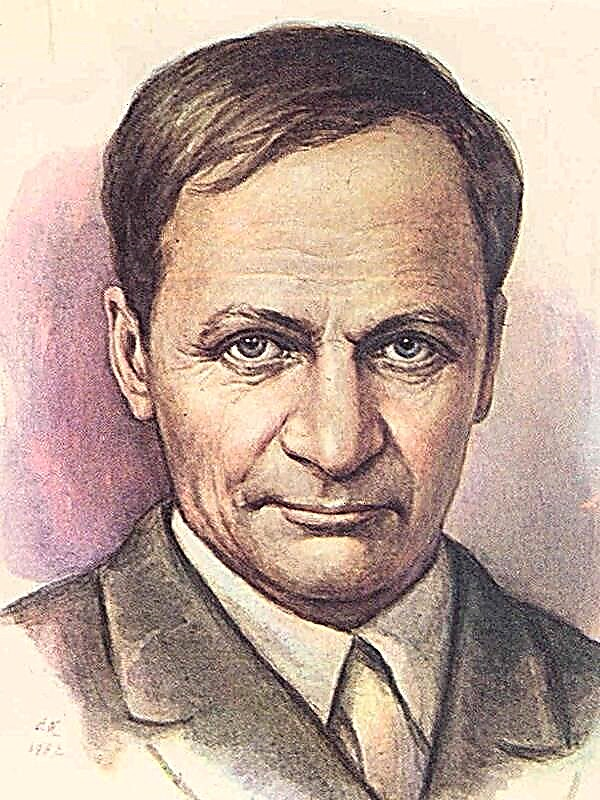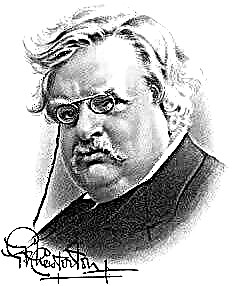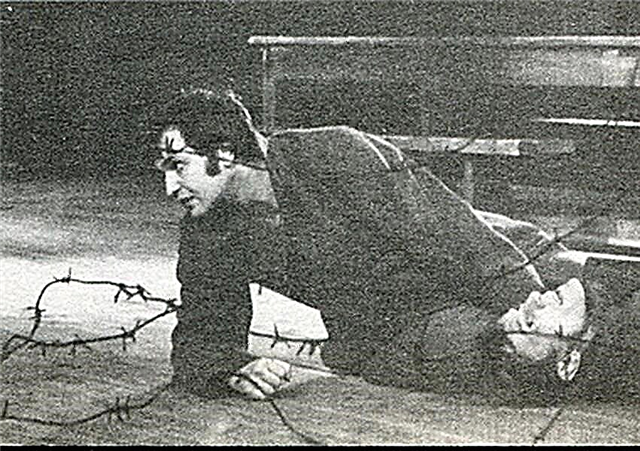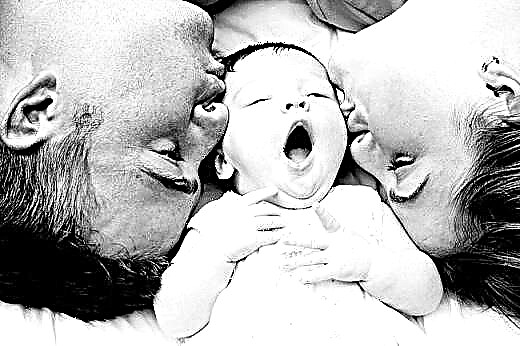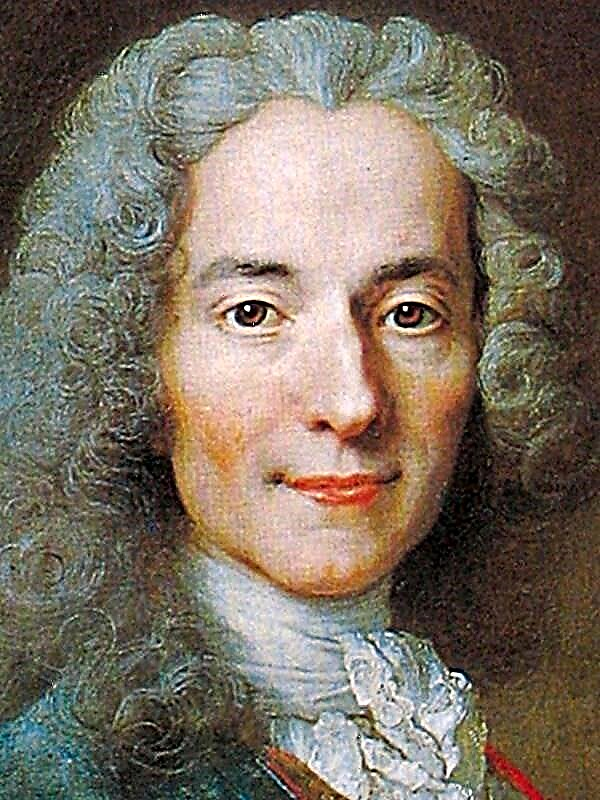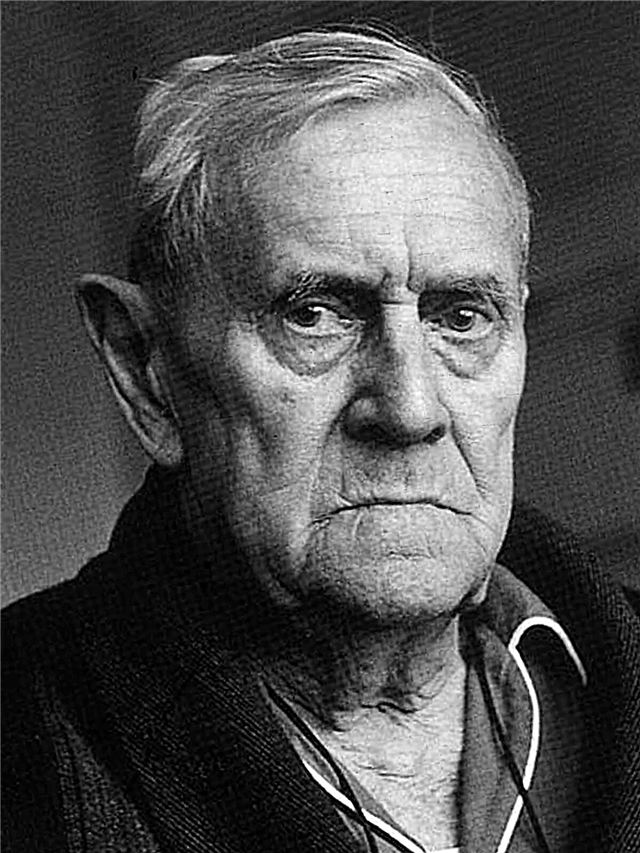(634 words) I read the work of A. S. Pushkin, "The Captain's Daughter." This is a whole gallery of portraits, which presents, perhaps, all possible types of personality. The author tells us about the morals of the society of the times of Catherine II, using concise and accurate descriptions.
So, Petrusha Grinev at the beginning appears as a slightly frivolous young man, dreaming of a carefree life. He does not want to serve in a remote province. As a child, he spends a lot of time with the mentor Bopre, who, however, does not teach him anything. But Peter takes life lessons from the wise aspiring Savelich. Having entered the service in the Belogorsk fortress, the hero falls in love for the first time. He even tries to compose poetry, which testifies to the exaltation of his nature. Grinev also knows how to sympathize, empathize. He is not greedy or cunning. Peter lives with an open soul, openly meets difficulties and tries not to hit his face in the dirt.
Marya Mironova is the captain’s daughter, beloved Grinev. She has a delicate and sensitive nature. Masha wears a smooth hairstyle, does not like empty talk. She is only eighteen years old, but she already understands that much in life depends on the social situation. It will be difficult for a child of impoverished nobles to make their way. However, Masha does not try to marry favorably (remember how she rejects Shvabrin). But she rushes into the maelstrom of feelings with her head when Peter arrives under Orenburg. Outwardly, a weak young woman shows stamina and courage and fights for her love.
Emelyan Pugachev is a false emperor, a Cossack with cunning eyes, a connoisseur of freedom and a defender of oppressed peasants. He loves beautiful and interesting stories and believes that a short and vibrant life is better than a gloomy existence for many years. Pugachev can show mercy and cruelty. He has enough strength and wisdom to lead people. He fairly resolves issues that arise, but does not stop at moral barriers when it comes to life and death.
Alexey Ivanovich Shvabrin is a negative hero, a scoffer and a liar. Yes, he boasts an officer rank and impeccable origin. But behind the brilliant appearance hides a low and petty nature. Therefore, we should not be surprised that during the uprising Shvabrin supports Pugachev. He seeks to be in the ranks of those who have a better position on an impromptu battlefield. Shvabrin is an envious and dishonorable man. He abducts Marya to marry her at all costs. It is unlikely that he is able to experience high feelings. This desperate step is rather a desire to assert oneself, to take revenge on the opponent.
Savelich is one of my favorite characters. A. Pushkin, it seems, also treats him with great sympathy. The old servant Grinev took care of Petrush and continued to help him when he was already grown. The main personality traits of an old man are kindness, rationality. Sometimes he grumbles maliciously at the owners, “reads sermons,” but they do not take offense at him. Everything that Savelich does, he does for others.
Captain Mironov - the commandant of the fortress, the father of Marya. He is an old servant, but at the same time a good-natured, friendly person, a fan of hosting guests. But it turns out badly to manage. Everything under control is kept by his wife Vasilisa Egorovna, worthy of the nickname "captain." She is also very hospitable, and also bold and brisk. On the one hand, she has a stronger character than her husband. But the Belogorsk fortress is simply impossible to imagine without the Mironov couple, who complement each other.
Of course, you can still recall the old man Ignatich, a friend of the commandant. He has long served in the fortress and has rich experience in military operations. Also on the pages of the work appears officer Zurin. They are friends with Grinev, despite the difference in age. Zurin loves to play billiards and drink, but he always remains honest, a good person, does not lose face.
It’s easy for Peter Grinev to live in society, because his parents raised him correctly. They put their heart and soul into ensuring a decent life for the child and in the end recognized Marya, who went to the empress herself to help Petrusha.
The gallery of portraits can be considered and analyzed endlessly, but on the whole I would like to conclude that each picture written in words is an example of how different people were at that time. Everyone had their own motives to love and hate, protect their feelings or surrender to the will of fate. All the more interesting (albeit worse) was to live!

